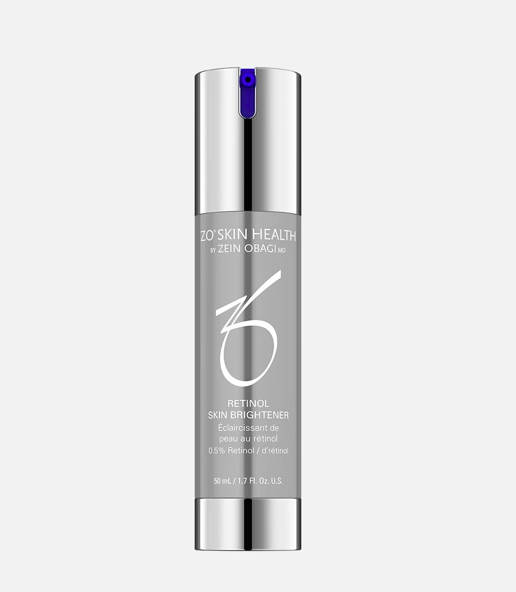What are Retinols?
Retinol is one of the best-known skincare ingredients on the market. An over-the-counter version of retinoids, retinols are vitamin A derivatives primarily used to treat anti-aging concerns as well as acne.
However, retinols are not the same products as prescription retinoids, which are more potent. However, retinol is still the strongest over-the-counter version available. Retinol has many potential skincare benefits...
How it works
Retinol is a type of retinoid, which is made from vitamin A. The small molecules that makeup retinol go deep beneath the epidermis (outer layer of skin) to your dermis rather than removing dead skin cells as many other anti-aging and acne products do.
Once in this middle layer of skin, retinol helps neutralize free radicals to boost the production of elastin and collagen. This creates a “plumping” effect that reduces the appearance of fine lines, wrinkles, and enlarged pores. At the same time, retinol has an exfoliating effect on the skin’s surface that can further improve texture and tone.
Retinol can also help treat severe acne, as well as related scarring. It helps keep your pores unclogged by creating comedolytic agents to help prevent the formation of comedones or blemishes. For severe acne, your dermatologist may prescribe an antibiotic in conjunction with your retinol treatment. Keep in mind that it may take up to six weeks to see improvements in your breakouts.
Finally, retinol has also been proven to balance your skin hydration levels. Mild exfoliating effects help to remove dead skin cells that may lead to moisture loss. This may even benefit oily skin by controlling excess production of sebum in your pores.
What it treats
Retinol is primarily used to treat the following skin conditions:
acne
fine lines
wrinkles
age (sun) spots, freckles, and other signs of sun damage, sometimes called photoaging
uneven skin texture
melasma and other types of hyperpigmentation
large pores caused by acne, oily skin, or collagen loss
To achieve the best results from your retinol-containing skincare product, you must use it every day. It may take several weeks until you see significant improvements.
Side effects
While retinoids—including retinol—are approved by the Food and Drug Administration (FDA), this doesn’t mean they are free from side effects. People who use retinols commonly experience dry and irritated skin, especially after using a new product. Other side effects may include redness, itchiness, and peeling skin.
These side effects are temporary and will likely improve within a few weeks as your skin gets used to the product. However, if you continue to experience skin irritation, you may consider finding an alternative with reduced strength.
Applying retinol 30 minutes after washing your face may also reduce skin irritation. Another possible solution is to decrease the application to every other day and gradually build up your skin’s tolerance to retinol before moving to daily use.
Your risk for side effects may also be greater if you use more than one retinol-containing product at the same time. Read product labels carefully — especially if you’re using a combination of anti-aging and acne products, which are more likely to contain retinol.
Due to the risk of sun sensitivity, retinols are best applied at night.



